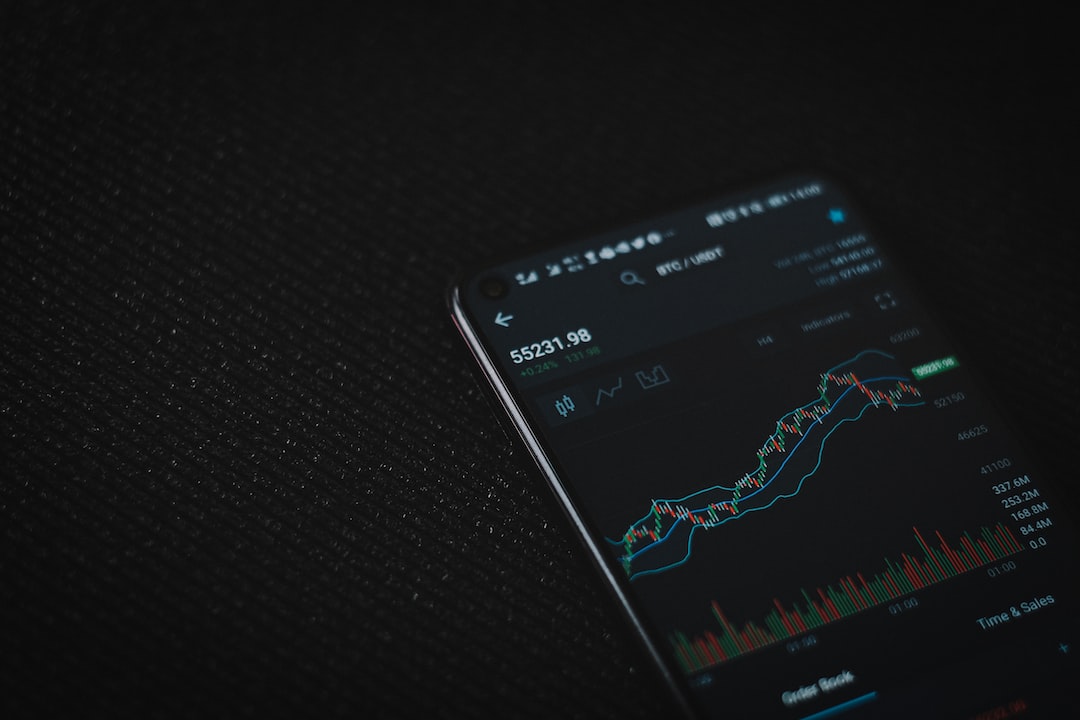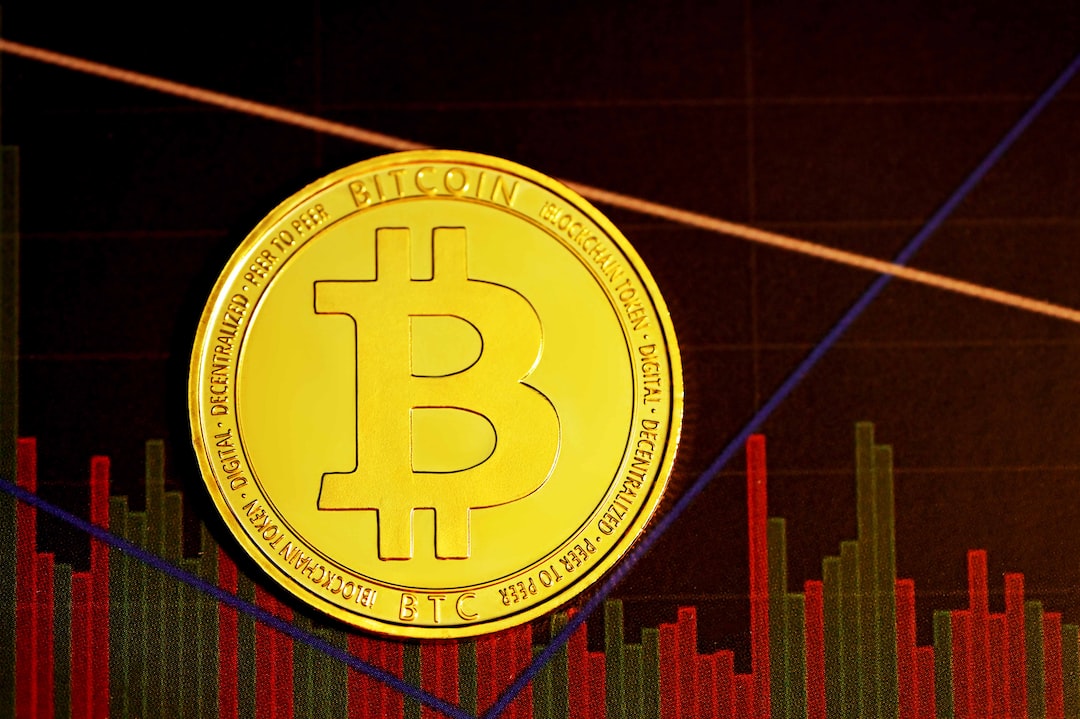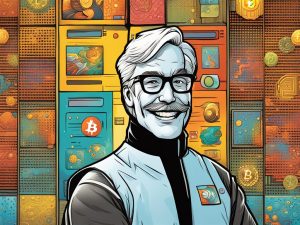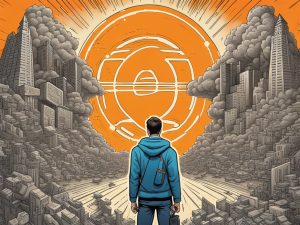Worldcoin’s Proof-of-Personhood Faces Criticism from Crypto Experts
Worldcoin, a crypto project led by OpenAI CEO Sam Altman, has sparked controversy within the Web3 community. The project aims to establish individuals’ humanness and uniqueness through Proof-of-Personhood (PoP). However, experts in the digital asset industry have raised concerns about the viability and safety of Worldcoin’s approach.
Key Points:
1. Safety Concerns: Blockchain expert Bob Bodily argues that there are safer methods to prove human identity, making Worldcoin’s approach obsolete. The high centralization of the verification process and the limited accessibility of the required hardware are major drawbacks.
2. Zero-Knowledge Technology: Bodily questions the trustworthiness of Zero-Knowledge technology when it comes from a centralized source. Any flaw in the system could have catastrophic consequences for users.
3. Scalability and Security Risks: Manufacturing and distributing the required “Orbs” globally pose scalability challenges and potential security risks. Malicious actors could replicate irises and hack users’ phones to acquire their keys.
4. Similarity to Existing Companies: Leonard Tan, Cofounder and CTO of Web3Auth, argues that Worldcoin’s biometric approach is similar to how companies like Apple and Google verify identities. However, others highlight concerns about transparency and data usage.
5. Ideal PoP System: To achieve an ideal Proof-of-Personhood system, experts suggest eliminating the central entity and relying on a combination of on-chain and off-chain credentials, behaviors, and reputation.
Hot Take
While Worldcoin’s Proof-of-Personhood concept may have good intentions, it faces significant criticism from crypto experts. The concerns around centralization, privacy, and security raise doubts about the project’s effectiveness. As the Web3 community continues to explore new methods of identity verification, it is crucial to prioritize transparency, decentralization, and user sovereignty in order to protect individuals’ privacy and security.





 By
By
 By
By
 By
By

 By
By
 By
By